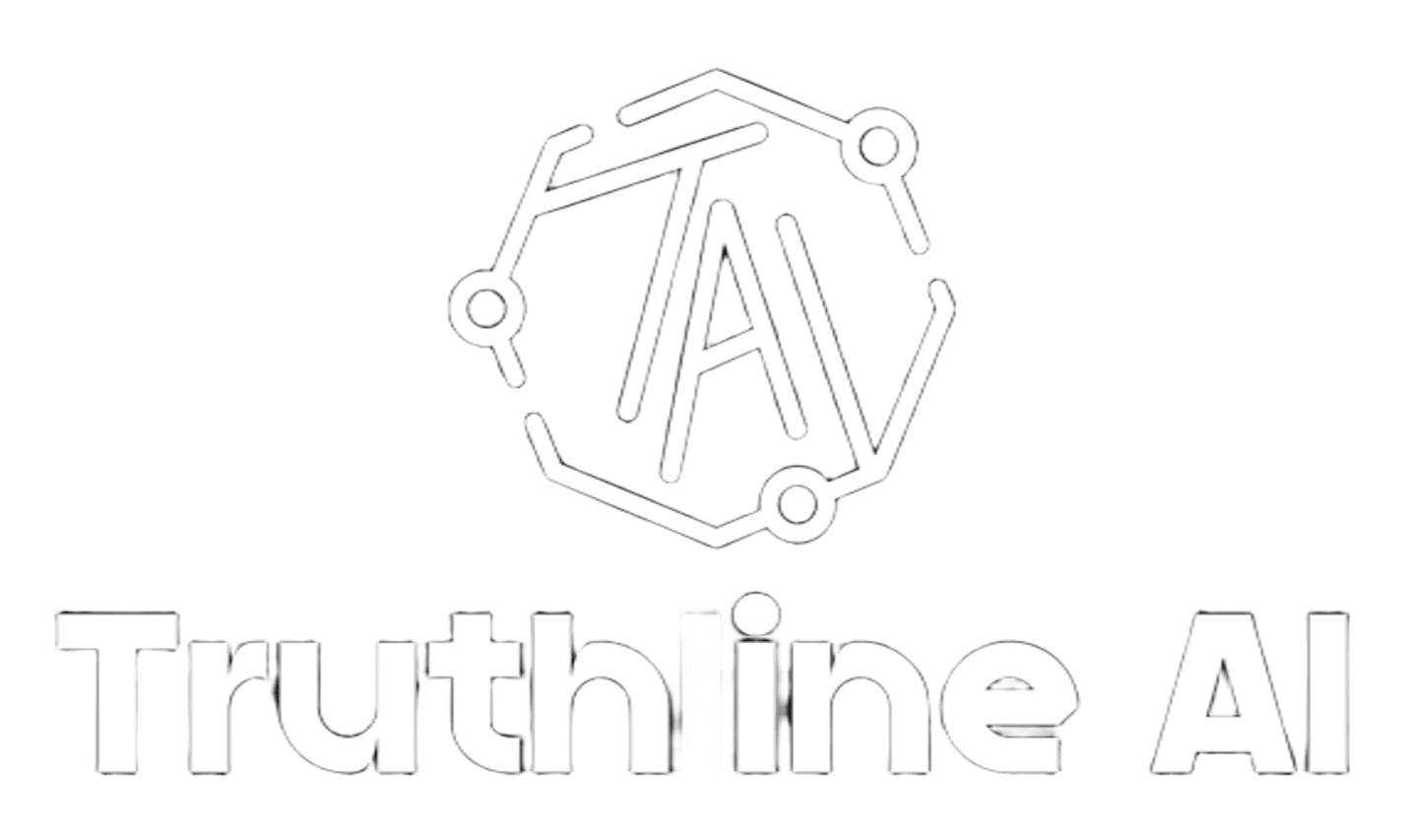Summary of The Business Daily Newspaper -July 17,2025
Page 1: Business Daily reports that billionaire Peter Munga has partnered with Everstrong Capital to co-own Quietpress Limited, a key player in the $468 billion Nairobi-Mombasa expressway project. Meanwhile, the government has denied fuel subsidies for the second month, and local oil dealers are gaining market share against major marketers.
Page 2 : Notes that South Africa’s Pembani Remgro Infrastructure Fund II plans to acquire a 35% stake in Mawingu Networks, a Kenyan internet provider expanding into Tanzania. The deal involves major investors like the African Development Bank, though Mawingu’s CEO declined to comment.
Page 3 :Highlights Nairobi as Africa’s second-worst city for traffic, with motorists losing 94 hours annually to congestion. Poor urban planning and rising vehicle numbers worsen the issue, while Port Louis, Mauritius, remains the continent’s most efficient city for travel.
Page 4: Reveals that the Kenyan government has withheld fuel subsidies again, causing pump prices to spike by Sh18.99 per litre the sharpest rise in two years. Parliament also dismissed the Equalisation Fund Board over mismanagement, including funding irrelevant projects at inflated costs.
Page 5: States that the TSC will meet teachers’ unions to negotiate a new CBA, with unions demanding a 60% salary hike and better allowances. Meanwhile, the Treasury has ordered public accounting officers to account for petty cash spending, underscoring fiscal accountability concerns.
Page 6: Reports that Consolidated Bank of Kenya is seeking emergency CBK loans after failing to meet capital requirements, having already used repos worth billions. The bank’s struggles reflect broader challenges in stabilizing its operations amid losses.
Page 7: Notes that deposit-taking saccos outperformed banks in 2023, with savings growing 13.6% to Sh651.83 billion, driven by a rise in high-value accounts. This reflects strong consumer confidence in saccos despite economic pressures.
Page 9: Discusses how Kenyan founders must build cultures of excellence amid a shortcut-driven environment, requiring deliberate hiring and incentive strategies. Some leaders adopt innovative team structures to foster accountability and resist cultural erosion.
Page 10: Emphasizes that Kenyan airports, especially JKIA, need ground handling improvements like equipment pooling to reduce congestion and boost efficiency. These measures would strengthen JKIA’s competitiveness as East Africa’s aviation hub.
Page 12 : Argues that regulating AI and digital tech requires balancing innovation, competition, and consumer protection. Prof. Luis Franceschi stresses the need to ask the right questions in this evolving legal and technological landscape.
Page 13 : Reports that Kenya’s Supreme Court nullified a Sh5.9 billion KPA grain tender, ruling the procurement process violated laws. The rushed, non-transparent award to Portside Freight Terminals lacked proper justification.
Page 14 : Notes that investors in the Talanta Sports City bond will enjoy Sh57.6 billion in tax-free interest over 15 years, matching government bond benefits. The exemption aims to attract investors despite repayment reliance on a state fund.
Page 21: Highlights Sally Wagle, a Kenyan-American consultant who relocated to Nairobi, drawn by the startup ecosystem and her roots. She now helps others navigate relocation challenges through her consultancy.
Page 22 : Advises founders to delay hiring until revenue hits $500,000 annually to ensure viability. When hiring, prioritize experience, values alignment, and proactive attitudes to avoid costly mismatches.
Page 24 : Stresses that responsible lending practices are key to building trust in Kenya’s financial ecosystem, enabling sustainable growth while empowering individuals and businesses.
